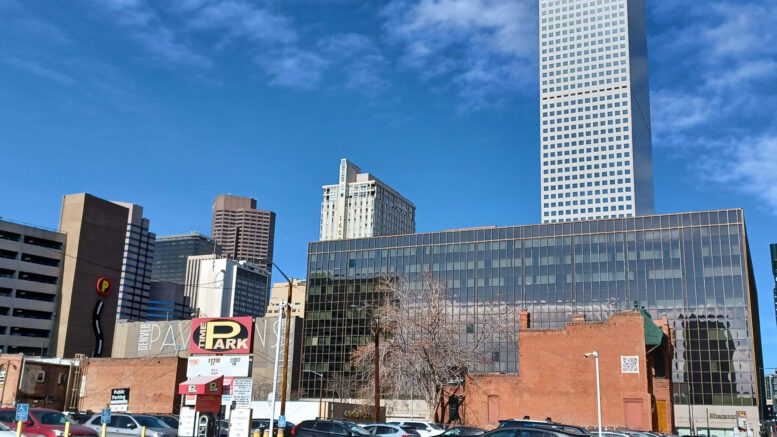Rather than capping property-tax increases, a legislatively appointed commission is looking at making it less painful for state residents to pay property taxes through several changes that could spread out costs from property-value spikes over longer time periods.
The Commission on Property Tax, created during the 2023 legislative special session to suggest long-term solutions to the state’s recently volatile property-tax values, will vote officially next week on recommendations to forward onto the Colorado Legislature. But straw polls taken Friday after the group recapped and debated all the major ideas it’s considered, indicate it is most interested in nuanced solutions that take the sting away from residents and business owners rather than reducing tax revenues.
A pulse poll administered to the commission by moderator The Keystone Group found the top-scoring idea is a proposal to let residential and non-residential property owners to pay tax bills in 12 monthly increments, thereby eliminating the sting of one big payment. Moving forward on this would require the state to come up with a way to make sure that local governments that depend on the property tax revenues still can receive their payments by the beginning of a fiscal year rather than spacing them over 12 months, but commissioners said in discussions Friday that they believe that’s doable.
Similarly, the second most-popular idea involves “smoothing” payments when average property-tax bills go up above a certain percentage — essentially, dividing that cost over several years or tax cycles rather than requiring a huge increase in taxes right away. This would mean that local governments and school districts wouldn’t get a huge spike in revenues immediately, but they would receive some increase right away and then get the same amount of new revenue spread out over future years.
Why the commission is discussing property tax
“In the long run, it averages out,” said Sean Doughrety, the appointed real estate professional on the commission. “And we are trying to come up with a solution that is for the long term.”
Legislators decided there was a need for a commission after residential property-tax values rose by an average of more than 40% in the most recent assessment. While a law passed in the special session cut average residential property-tax bills to a hike between 19% and 25% — and did not do anything to help commercial property owners — state leaders want to avoid the sticker shock and voter pushback that could come with future assessments.
While the commission is mulling solutions, several interest groups are looking to offer their own solutions to voters on the November ballot, including a 4% hard cap in property taxes from Colorado Concern and Advance Colorado that commissioners have said is too rigid. Its final proposal next week is likely to arrive at the Legislature as a consensus alternative, though it’s unknown whether it will be enough to get ballot-initiative proponents to drop their initiatives.
Other potential property-tax plans
In addition to its likely inclusion of extended-payment and smoothing options, the commission could back a plan that would separate property-tax assessments for educational purposes from those for local-government and special-district purposes.
Doing this would leave only school-district property taxes in provenance of the Legislature, which is required to backfill any money local K-12 districts would lose from a statewide reduction in property-tax assessments or valuations. Thus, legislators could consider statewide solutions without stepping on the toes of local governments, and those local governments too could consider reducing assessment rates without state interference.
A fourth plan that is garnering significant backing is one that would decrease non-residential property-tax rates for all but vacant and oil/gas properties on a gradual basis, bringing relief that the commercial and industrial sectors have yet to see. Such a proposal, commission members said, likely would have to come with the state providing backfill money to local governments for lost revenues in the early years of cutting the assessment rate down from 27.9%.
What’s not getting commission support
Lastly, the commission’s chairman, Democratic state Sen. Chris Hansen of Denver, said he assumes that an extension of the assessment-rate cuts and $55,000 decreases in the individual valuations of residential property that are in place for the 2023 tax year will have to be part of the package while longer-term fixes go into place.
Commissioners considered a softer tax-hike cap than the one that the ballot-initiative proponents are pushing, but there was little support on the panel for that idea. Local-government leaders said that leaves them with little flexibility during inflationary times and could hurt local services.
One last idea that’s gotten little to no support so far is one pushed by Gov. Jared Polis — institution of a land-value tax system, which is meant to tax the value of land but not the buildings on it in order to spur infill development, in parts of the state.
The commission is expected to make its final recommendation on Friday.
